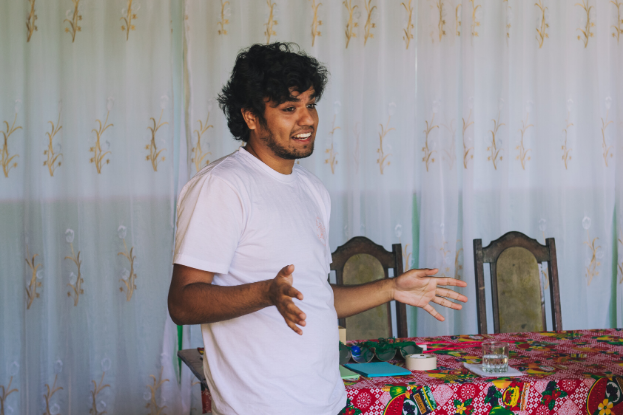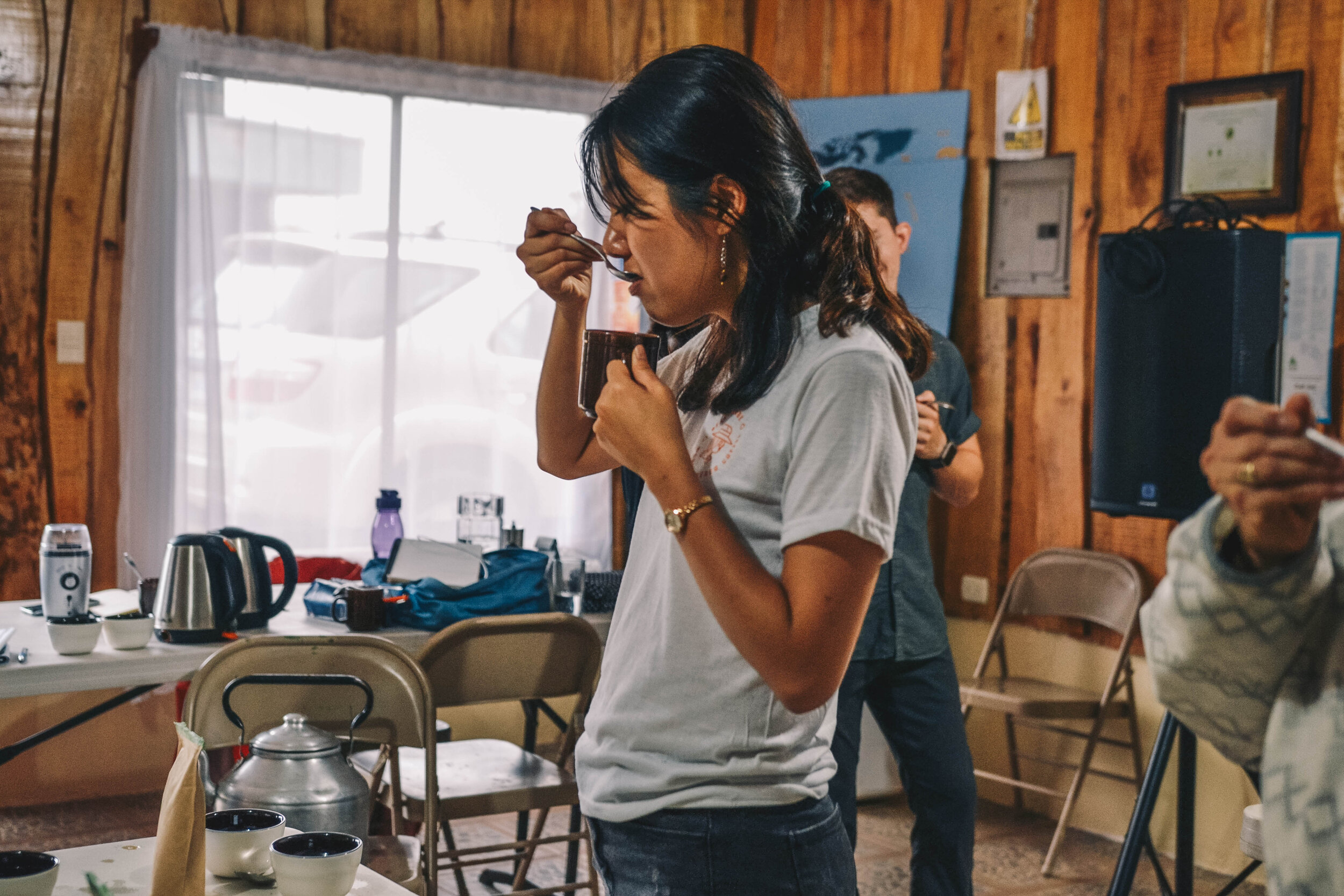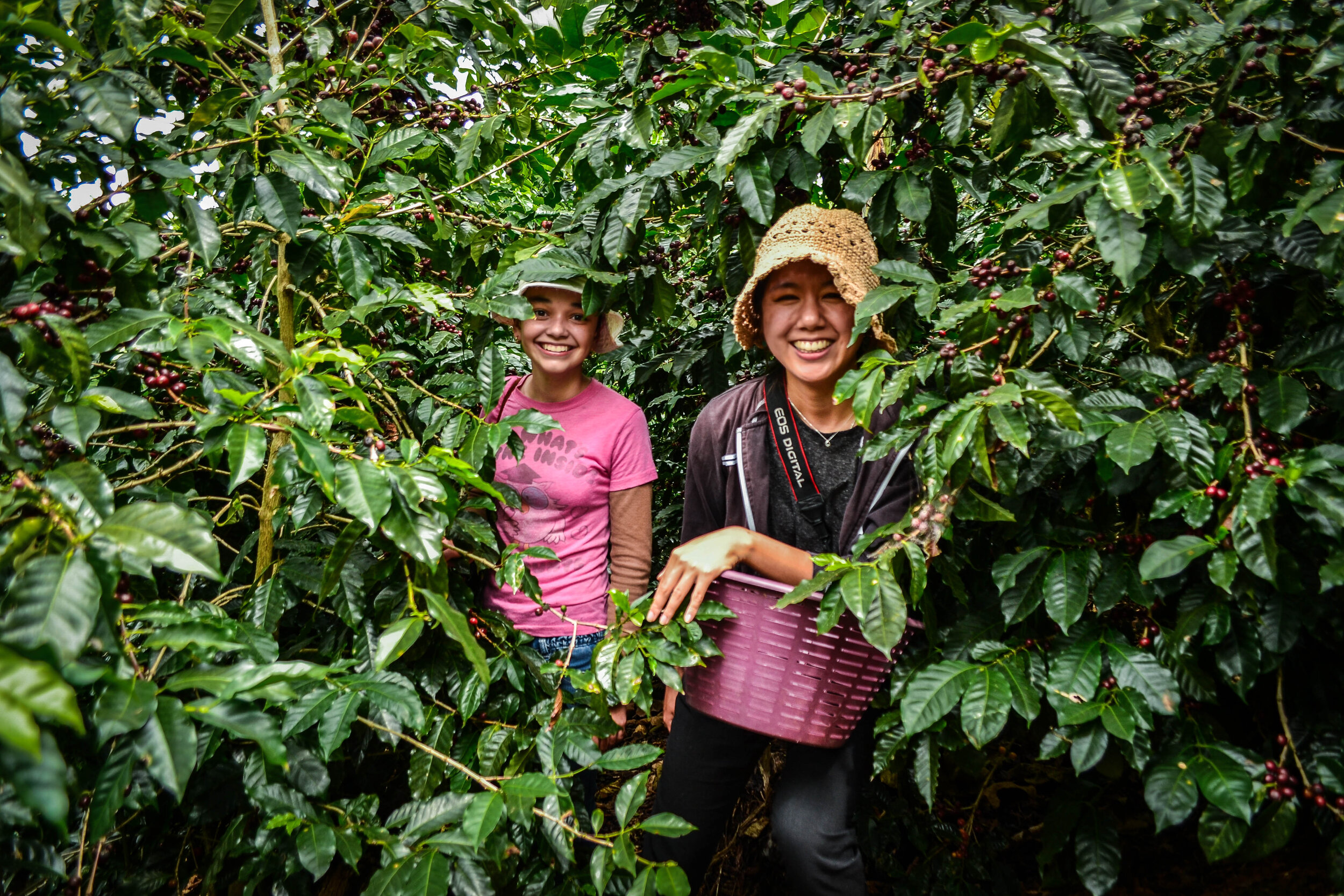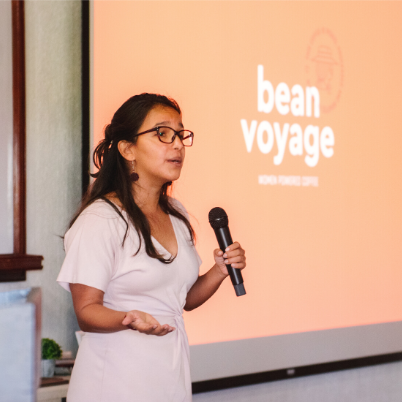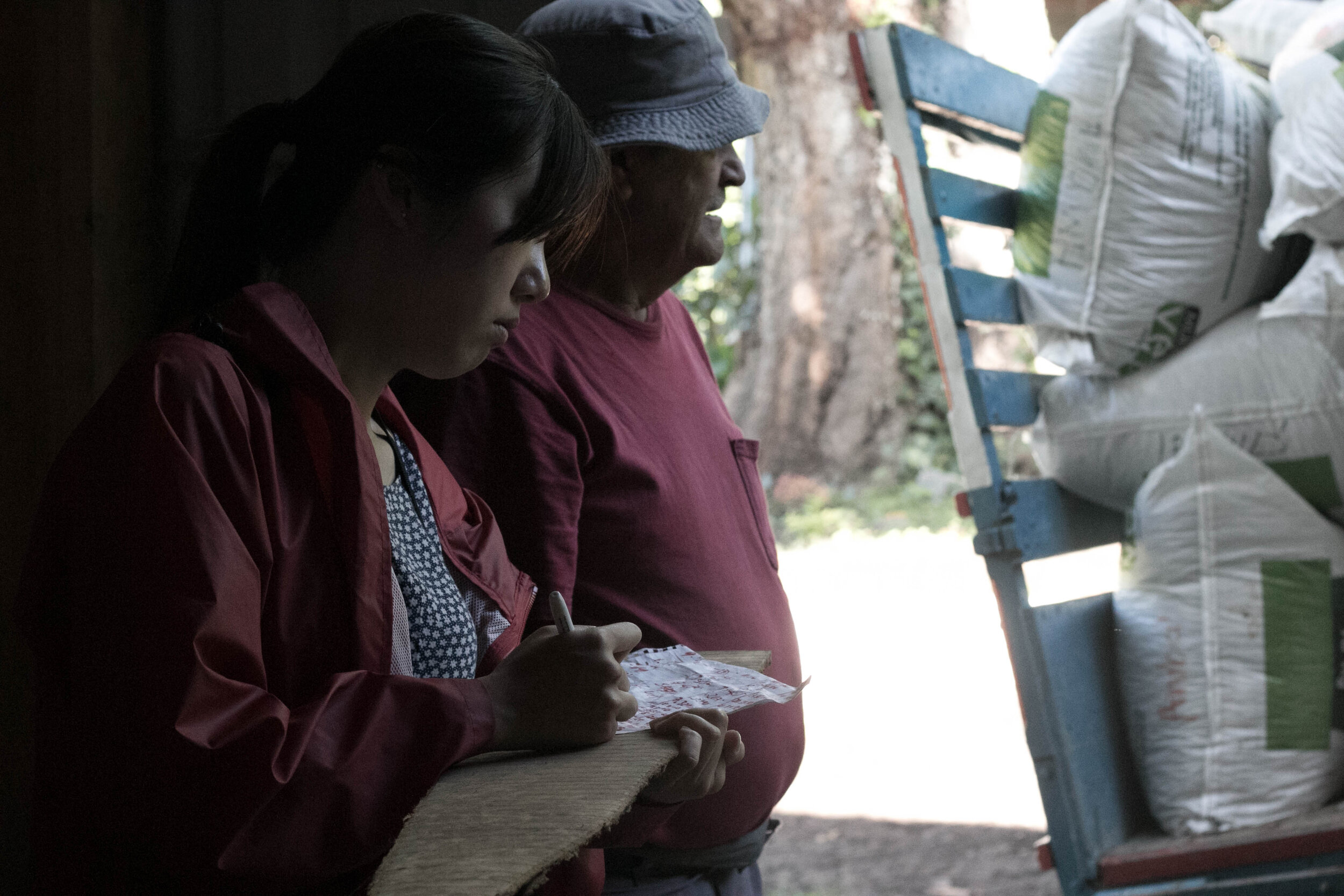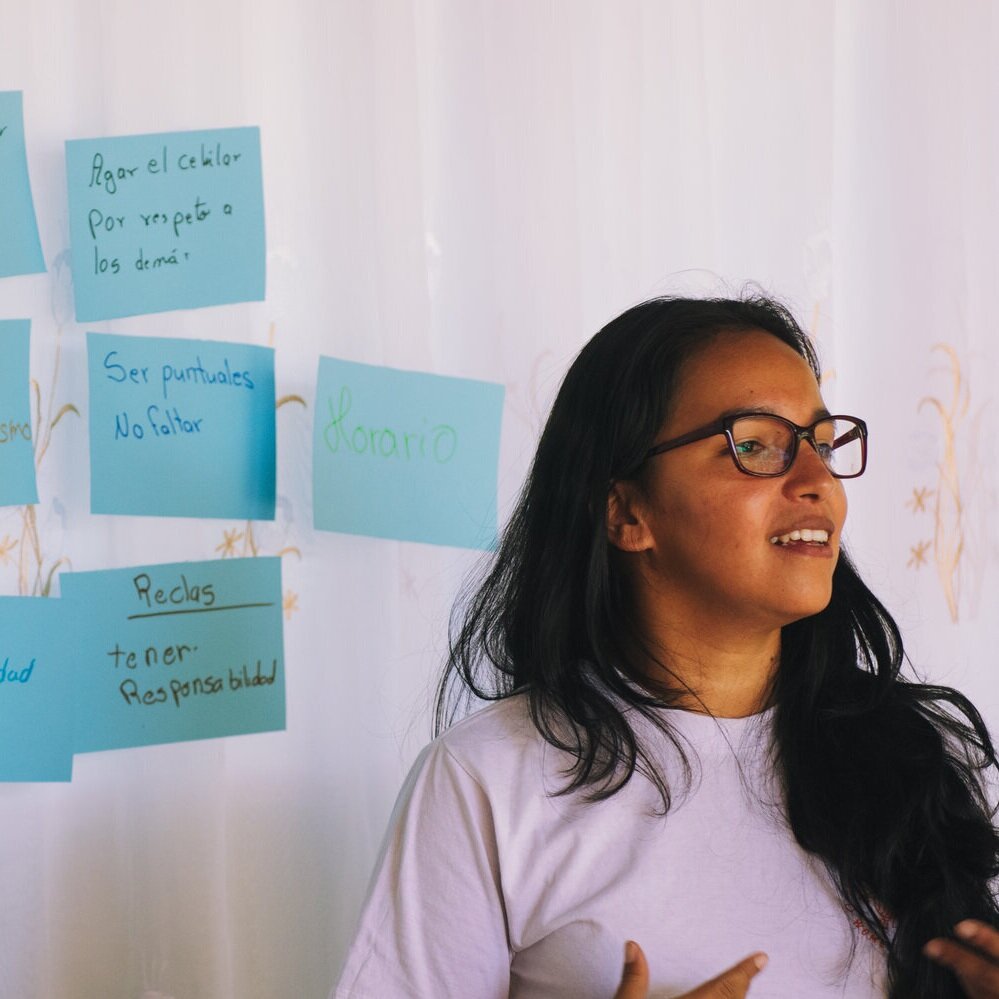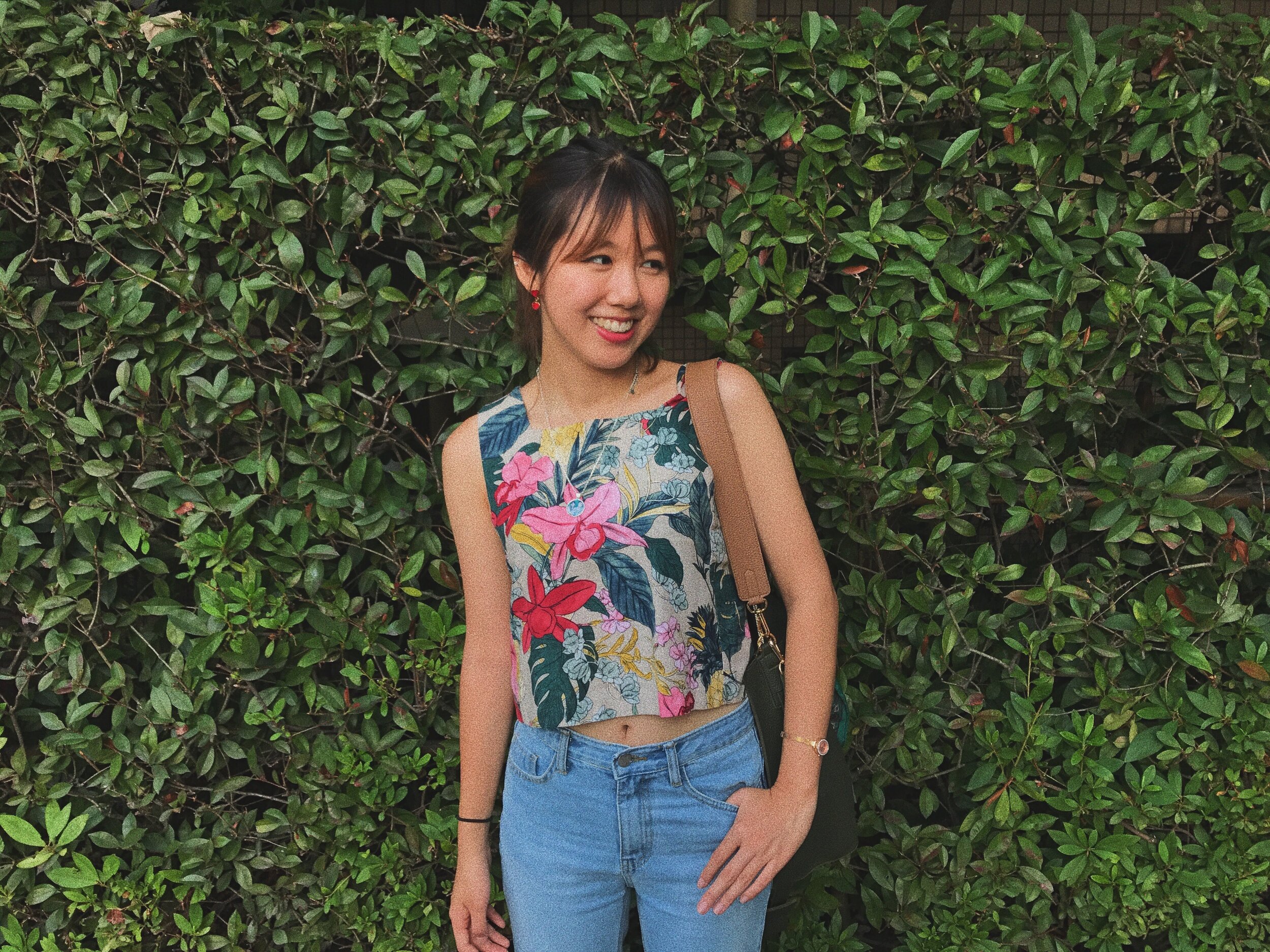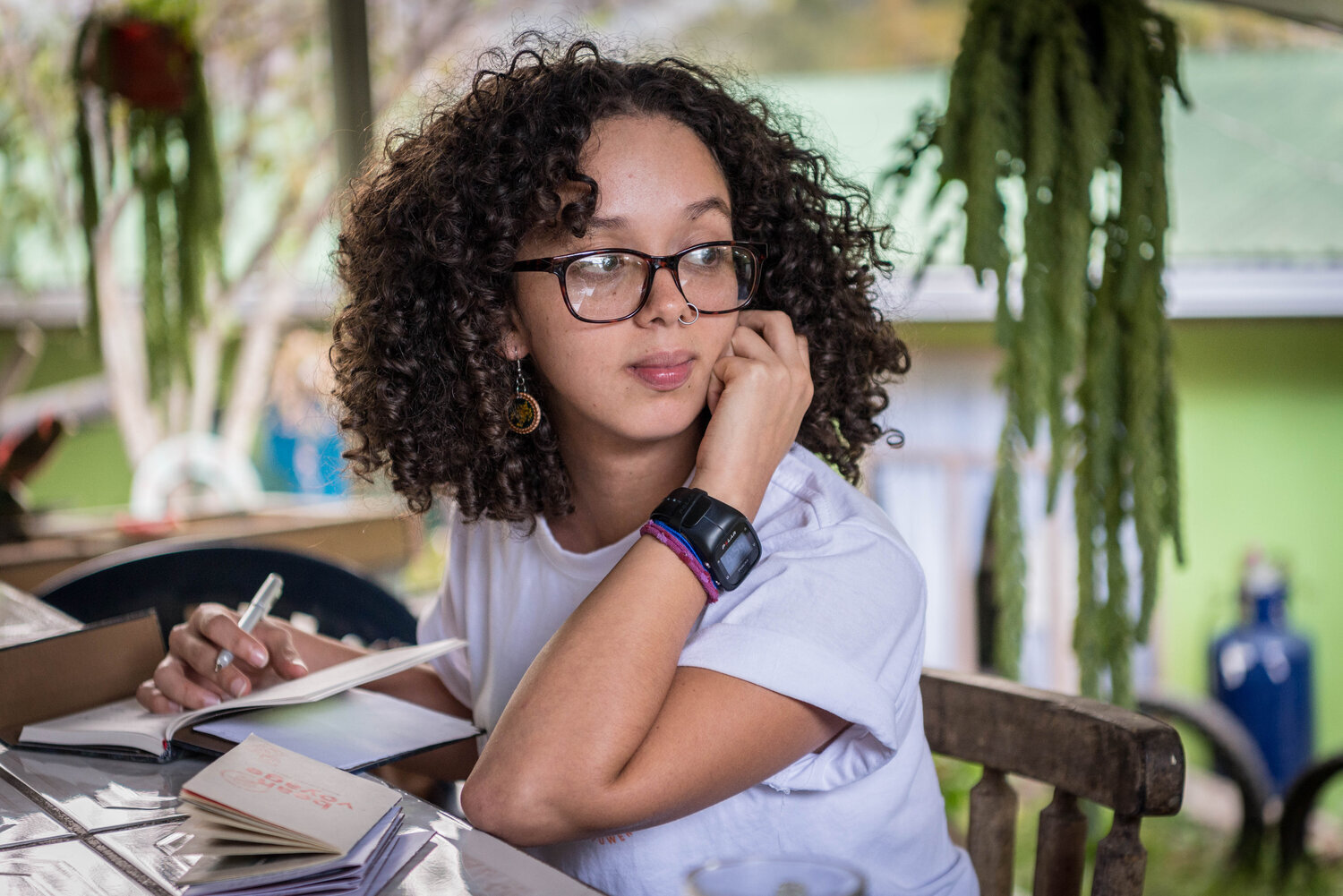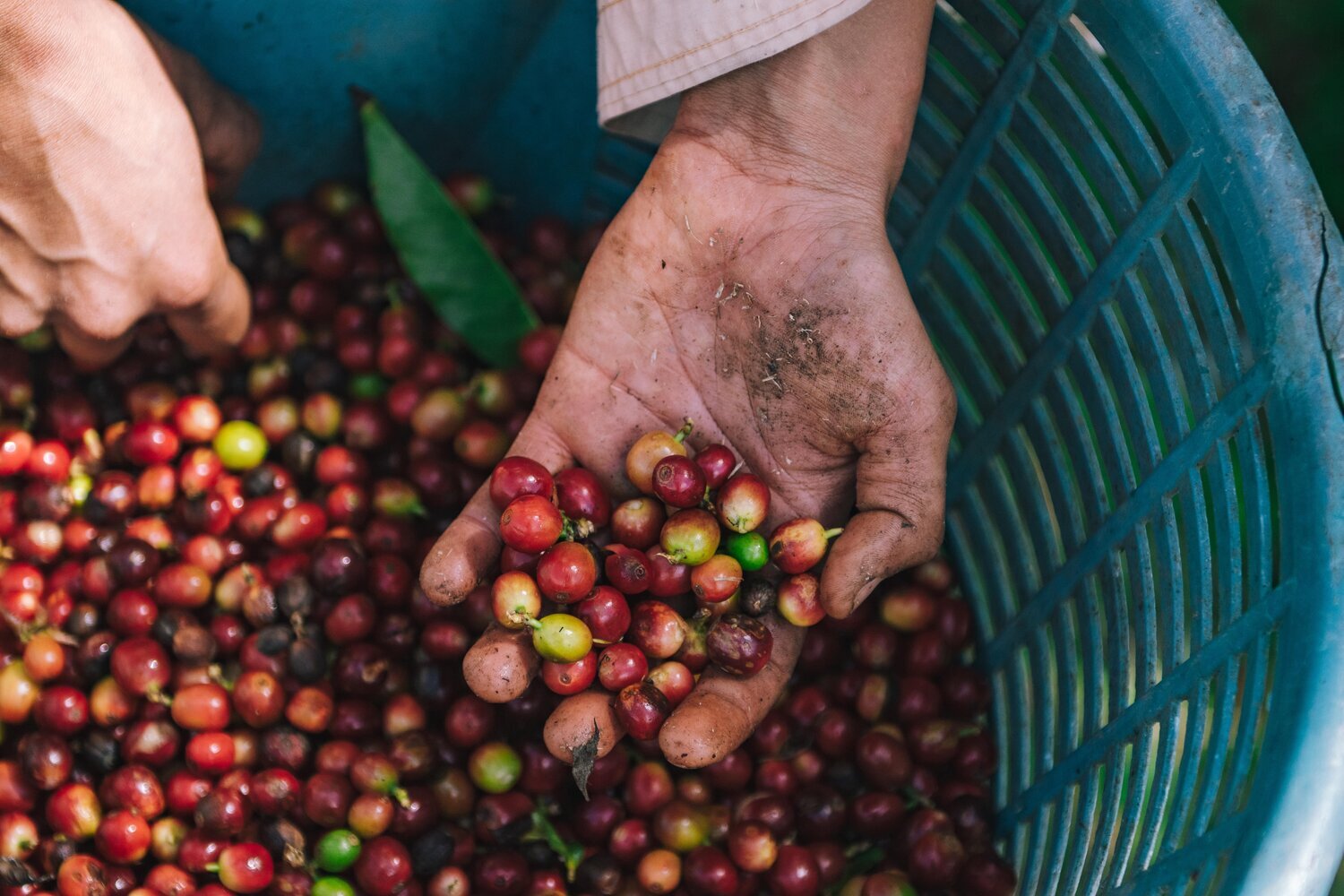Bean Voyage!
Sunghee Tark
Clinton Global Initiative University (CGI U)
What is your organization or project?
Bean Voyage is a feminist nonprofit that collaborates with smallholder women coffee producers, currently in Costa Rica. Our work involves primarily two things: The first element is providing training opportunities to smallholder coffee producers who have been historically excluded from such opportunities, which allows them to lead their communities towards a more sustainable future. The second element is market connection. We amplify the voices of the smallholder women coffee producers that we work with and share their stories with the market. Now, more buyers and more of the coffee world can find out about these smallholder women coffee producers and learn about their stories and see that there are so many incredible women involved in the process of coffee-making. This encourages more of the world to develop long-lasting and sustainable relationships with the producers and take concrete actions towards building a more equitable coffee value chain.
What inspired you?
My inspiration originated during my first trip to Costa Rica in December 2014. In my junior year at Earlham College, I went with my current co-founder Abhinav Khanal, along with one of our best friends from Costa Rica, Nicol Chinchilla, to join Nicol on a project that she was planning for her community. Before leaving on our trip, we fundraised on our campus in Indiana to cover the cost of building a sustainable community centre in La Ribera, Perez Zeledon, Costa Rica. Through the process, we ended up raising a little bit more than it cost to build the centre. Nicol thought it would be a great idea to invite us to come and meet the community that was going to look after the building that we just managed to fundraise for. So, Abhinav and I went to Costa Rica for the first time, not really knowing what to expect.
When we landed, we found out that December was the busiest coffee harvest season. Coffee is grown almost everywhere in the country, and that was the first time that I was exposed to a coffee plant. I didn't even know coffee was a fruit before going to Costa Rica! Even as an avid coffee drinker, you don't really get that exposure in the US. I realised coffee requires a lot of labour on the farm.
We then found out that the group that was going to look after the sustainable community center that we were helping build was the Women's Association in the community. For the duration of the month that we were staying in Costa Rica, we started learning a lot more about women's role in the coffee industry. And what we learned during this initial trip was reaffirmed through further research into the global coffee industry as well as our subsequent and longer trip back to Costa Rica in 2016.
During both trips, we met many women coffee producers who generously shared their experiences, which differed greatly depending on where they came from. However, there were two things that stood out to us: One was the income inequality that exists throughout the coffee value chain. They were telling us that they were getting paid about $3-$5 per kilogram of coffee that they harvested, while we knew that consumers easily paying $60 in the US for a kilogram of roasted coffee beans. This means that these women were not even making 8-10% of the total revenue generated from the coffee they harvested, despite doing hard work throughout the year to take care of their coffee plants. That injustice made us contemplate what was happening in the coffee industry to have led to such an unequal distribution of wealth across the value chain.
The second pattern we noticed was the lack of access these women had to information and market opportunities. All of the women that we interacted with told us that they had never attended any sort of training to improve their farm practices, nor had they ever been given information about the going rate for their coffee. They were forced to accept whatever the cooperative or buyers were offering and assume that was the market price.
We discovered later on that there were actually many training opportunities for smallholder farmers in the local community, but women were never comfortable enough to attend them. Our research confirmed that women comprised less than 20% of the attendance for any cooperatives’ training. The huge gender gap in access to information, on top of the unjust market that exists for everyone, led us to start Bean Voyage.
What challenges have you faced so far?
We've been around for four years and there have been different kinds of challenges at different stages. Initially, we had a lot of women on board, and they suggested that they needed certain things and that's what initially informed the direction of our organization. We started by listening to their challenges and then we would ask them how we could help. They suggested things like creating a Facebook group or a website so they could tell their own stories that can start conversations in the market about women’s place in coffee.
Then, they suggested that workshops on quality analysis would help them understand their stance and improve farm practices. So, we designed these workshops and started exploring paths to continue to provide such support. The biggest challenge in the very beginning was getting “agreement” from the male members of the communities. They were hesitant because all of a sudden a new group of students, freshly graduated from college (we went right after our graduation in 2016 to continue with our work) told them there was a demand from within their communities to start workshops that seemed, in their words, sexist against men. That was quite challenging to be met with that resistance. But at the same time, we didn’t want to create disruption in a way that could make the community fall apart.
So, we had to go back to our drawing board and think about what we could offer at that time to address the problem. We started organizing community workshops and gender workshops so that members of the community could come together and address problems in a peaceful manner. We did a conflict resolution workshop where they learned skills to address different challenges in a more effective and safe way.
What resources have best helped you?
I think the best resources that we ever could have asked for is mentorship from our network of advisors and mentors. Since we were quite new in starting our organization, neither Abhinav nor I had enough experience in big organizations to understand how an organization is run and how to form structures. We had to start everything from the beginning - it was like a blank sheet of paper. We had dreams and a mission, and we knew what we wanted to do, but I think building a strong foundational ground was really important for our organization to sustain, and our network of advisors and mentors really helped in this way because we didn't have any experience in that. Mentorships has played an integral role in informing how we continue to build our organization and where we aspire to go.
What advice do you have for your peers?
Don’t be afraid to ask for help. I think it definitely took a while for me to feel comfortable saying, “I actually don't know this,” because I was trained in an educational setting where “not knowing” was frowned upon. I was taught to learn on my own rather than seek help from others who have gone through similar experiences as to not embarrass myself. That was my educational background, so it was really difficult when I had to just say, “I actually don't know, can you help?” And the moment you say that you are just floored by the amount of support that you'll get. A lot of the times it's something that you would never have found out on your own because it comes from people who've had a wealth of experience in the field that they work in, which might be different from what you're used to. So, you get to broaden your perspective and build a strong network of supporters around you that are there to cheer for you and hold you grounded as well.
How did you find out about CGI U?
I was in college, and I had quite a few friends who attended CGI U before I did, so I learned about their experiences and learned about the conference that they hold annually for students. I thought it was very inspiring, and then our group of friends, Bryan Tipton, Sohrab Amiri, and I applied the next year and we were very fortunate to get accepted and attend the conference in Berkeley, California.
How has CGI U influenced your professional path?
I think the conference was definitely an eye-opening moment. The conference was during the phase where we had just come back from Costa Rica, from our initial trip, and we still had one year left in school, and we didn't know what we wanted to do with what we saw. That was before founding Bean Voyage, so we applied with an idea that we had based on what we saw in Costa Rica.
Back then, we just gave ourselves a name and thought about what our organization truly could be. What we saw during our time at UC Berkeley, during the CGI U conference, was that there were so many different directions that we could take this organization in and that it was worth it for us to experiment and explore the paths rather than just give up.
Before the conference, we were under the impression that it had to be a nonprofit or for-profit, or it couldn’t exist. Then we learned there were a lot of organizations that were in a similar path of exploring a hybrid structure. We heard from a lot of people sharing their own experiences going through different challenges, and that despite their challenges they have succeeded in growing their organization. I think it really left us inspired to continue exploring and experimenting and eventually finding and founding our own organization.
Why would you recommend CGI U?
I think the wealth of the CGI U network and the potential and possibility for you to see what other opportunities are there for you is amazing. Even after our year of participating in CGI U, there have been so many different opportunities for me to stay engaged with my fellow commitment-makers and program alumni. It's just incredible how engaging the whole network and community is!
To find out more follow their social for updates!!
Apply now to take this inspiration and turn it into an action plan! Follow our Instagram to keep updated…


